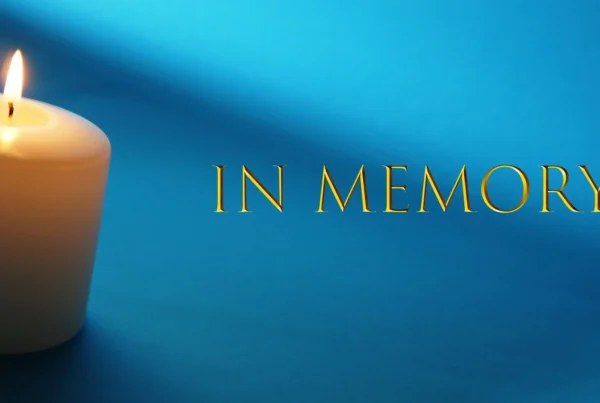THE Scottish Government has been told that almost 90% of sport and leisure trusts are ‘at risk’ after pressures brought by Covid, Brexit and the Ukraine war, with two-thirds now planning “significant” and permanent facility closures in 2023-24.
Community sport and leisure budgets have been declining throughout the 21st Century, as reported by an EKOS report in 2017, but complete closure of facilities in 2020-21 due to the Covid pandemic, staffing pressures brought by Brexit and now soaring energy costs as a result of the war in Ukraine have forced leisure and culture trusts to the brink of collapse.
Scottish trusts, which include Glasgow Life, Edinburgh Leisure, Sport Aberdeen and Active Stirling, were created by local authorities through the past 20 years as a route to saving costs, ring-fencing sport, leisure and culture investment, and bringing a more focused approach to managing and developing facilities and services. For the most part, it has proved successful in developing facilities and services, and securing new sources of income, but though many facilities are again popular and busy after the pandemic, income does not cover staff and energy costs, and a raft of facility closures is now being discussed across most of Scotland’s councils. These are expected to affect the more deprived communities where income generation is at its lowest.
“The current landscape for leisure and culture charities in Scotland is increasingly challenging, and it is clear that it is no longer possible to maintain the status quo,” said to a report issued by the trusts’ umbrella body, Community Leisure Scotland, following a survey of all of Scotland’s trusts. “Based on a series of interviews with members [trust CEOs] in November, and with the caveat of some uncertainties around finances from both local authority settlements and UK Government Energy Support, the landscape for the provision of public leisure and culture is unsustainable.
“As of mid November 2022, 89% of our members are at risk, ranging from those that are in immediate crisis to those that can see the crisis point on the horizon. However, this is a moving picture, with a fine line for many between being stable and tipping quickly into crisis. The provision outturn position for members in Scotland at the end of the current financial year is challenging, with over half of members forecasting a deficit budget … reserve levels are being significantly depleted with two members forecasting to have zero reserves by the end of the current financial year, having used these to support spiralling costs.
“To date there have been some closures resulting from venues that did not reopen post-Covid, primarily as a result of low customer demand or a need to refurbish or upgrade venues before reopening. There are some venues that have temporarily closed, either due to staffing shortages or as a mitigation measure for increasing energy costs … [and] depending on financial support and energy costs, there will almost certainly be significant closures across the country. 63% of members are in discussions and planning around the impact of closures, in some instances of significant numbers of venues.”
Full report:
CLUK Scotland November Landscape Headlines





Thought Piece from Charlie Raeburn for Reform Scotland